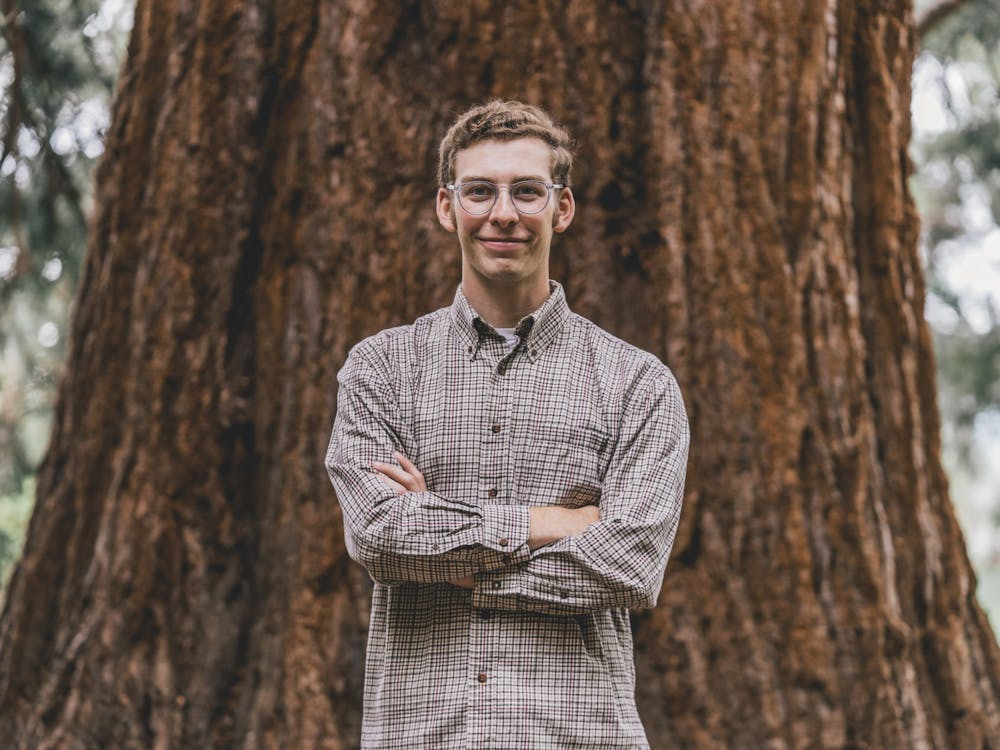(-- The Beacon)
By Jessie Hethcoat
I want to tell you a love story. It happened when Jessie met feminism.
I'd like to start this love story by telling you that I love stories. My mom told stories to my brother and me constantly when we were little. Though the "Boy Who Cried Wolf" held less bearing to a 4-year-old boy and 6-year-old girl than watching the Death Star explode on VHS, the stories she told us, despite their lack of mythical creatures and explosions, still stuck with me.
One of my favorite stories was "The Emperor's New Clothes." This one's about an emperor whose tailors sew him a suit made of fabric they claim is invisible to anyone unfit for their position or "just hopelessly stupid." Instead, they simply pretend to dress the emperor and really give him no clothes at all. The emperor, in fear of seeming unfit for his position, pretends he can see the clothes and so do his ministers. Though a child blurts out the emperor is wearing no clothes, he continues to parade the streets in his trousers for the ironic fear of seeming hopelessly stupid. What a silly story. I never forgot that one.
So let's fast forward a little bit, in my story, not the emperor's. Most people who know me know that I identify as feminist. I wear it like a badge of honor in a world that constantly belittles its cultural significance. But I wasn't always this way.
Before I considered myself feminist, I didn't want to believe in what I considered excuses. I wanted to be a strong person without using the "limitation" of cultural gender oppression as a crutch. I didn't want to complain; I wanted my successes to speak for themselves. I muted the ‘knock, knock' feeling that I was insufficient to just try harder, and chalked up my insecurities to just being a teenager.
But the knocking grew louder. I started to see patterns, and I started to get angry. There was a reason I felt so uncomfortable in my own skin: I was reaching for an unattainable ideal. So were my friends. And much of it was rooted in gender.
When I started counting the double standards I saw placed on women daily, I was pissed. Why does she "get around" and he is a player? Why does she have PMS, but he's just angry?
And these gendered expectations are certainly not limited to women. Why do young men feel the need to be six-feet tall and have the ability to grow a full beard when they're only 16? And God forbid they can't bench press 250.
We live in a culture of varied and interacting forces carefully cultivated to make us feel like crap.
When I watch the news, read the paper, watch TV or sit in a classroom, "The Emperor's New Clothes" is always in the back of my head. My mom wanted my brother and me to grow up to be the kids who blurt out that the emperor isn't wearing any clothes.
That's what feminism means to me: having the courage to stand up and point out what no one else is saying and having the tools to decipher what needs to be said. Sometimes it's as simple as saying to the emperor, "Dude, you're not wearing any clothes." Sometimes it's gathering the bravery and articulation to explain to someone why what they're saying is bigoted, even if it's not meant to be that way.
So from depression to anger to action, my idea of gender and my growing affinity for feminist thought ultimately brought me to UP's Feminist Discussion Group. This weekly gathering of thoughtful humans meets to discuss policies, images, words and news items that are working against us by either discrimination, stereotyping or any other perpetual form of oppression.
If you'd like to discuss these issues, join our mailing list by emailing me and come to our meetings on Mondays at 6 p.m. We'd love to have you.








